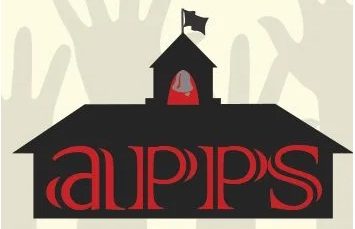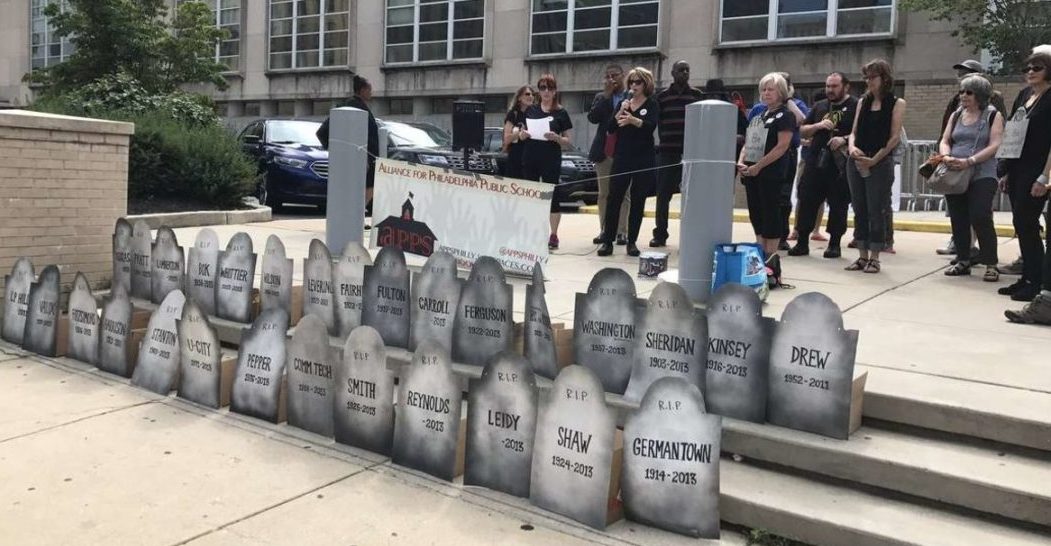So, it looks like high-stakes testing was actually just a pit stop, not the destination. Competency or proficiency-based education is the big new thing. Having adopted core standards, departments of education nationwide are poised to match them to competencies. This is being done right now in Maine, Vermont, and New Hampshire. Before you know it, we’ll have transitioned to a new “personalized” form of education where students spend most of their days collecting badges for digital portfolios by mastering online modules. They’ll also generate vast amounts of data for workforce development, which is what public education is really all about, right?
Parents would never knowingly allow bricks and mortar schools to be turned into cyber versions of themselves. So, to make that shift more palatable, students will be offered some down time with “real-world,” “community-based” projects that have their own competencies. Some will be for non-cognitive skills, because traits like grit and teamwork are important and need to be documented as part of a child’s learning trajectory. Fortunately, it looks like the community schools model is coming onto stage just in time to serve as a perfect foil for online learning.
The average person imagines a community school approach would be about making schools strong, neighborhood anchors. But that concept is being co-opted by reformers. Through credit-bearing “Extended Learning Opportunities,” they will aim to outsource classroom instruction (in addition to school librarians, nurses, and counselors) to friendly neighborhood partners. Out-of-School Time Learning will be a growth market. For a while teachers will be on the sidelines to coach kids through the modules, check the data dashboards, and sign off on community projects. But over time, taxpayers will start to think “maybe we don’t really need actual school buildings or teachers anymore.” “It’s so much easier to just have learning hubs with mentors who don’t have tenure or pension benefits and are paid through grants.” “Who wants to shoulder a property tax increase for new roofs or boilers?” “Surely we can recoup some funding by selling off our aging buildings to condo developers.” And so slowly that people don’t even realize what is taking place, schools, as real physical entities, will be dissolved. Schools will have become diffused within the community, the exact opposite of an anchor.
So if you hear people start talking about “any time, anywhere, any pace learning,” pause. Do you want to outsource your child’s education to uncertified partners or computer modules? Do you consider your child “21st Century Human Capital” or part of a “Cradle to Career Civic Infrastructure?” Who even thinks up concepts like “Mass Customized Learning?” People like Tom Vander Ark are anxious to usher in a brave new era of neoliberal global education. It’s sure to make a mint for technology companies and those busily coding the newest versions of B.F. Skinner’s “teaching machines.” The question is, will we let them?


